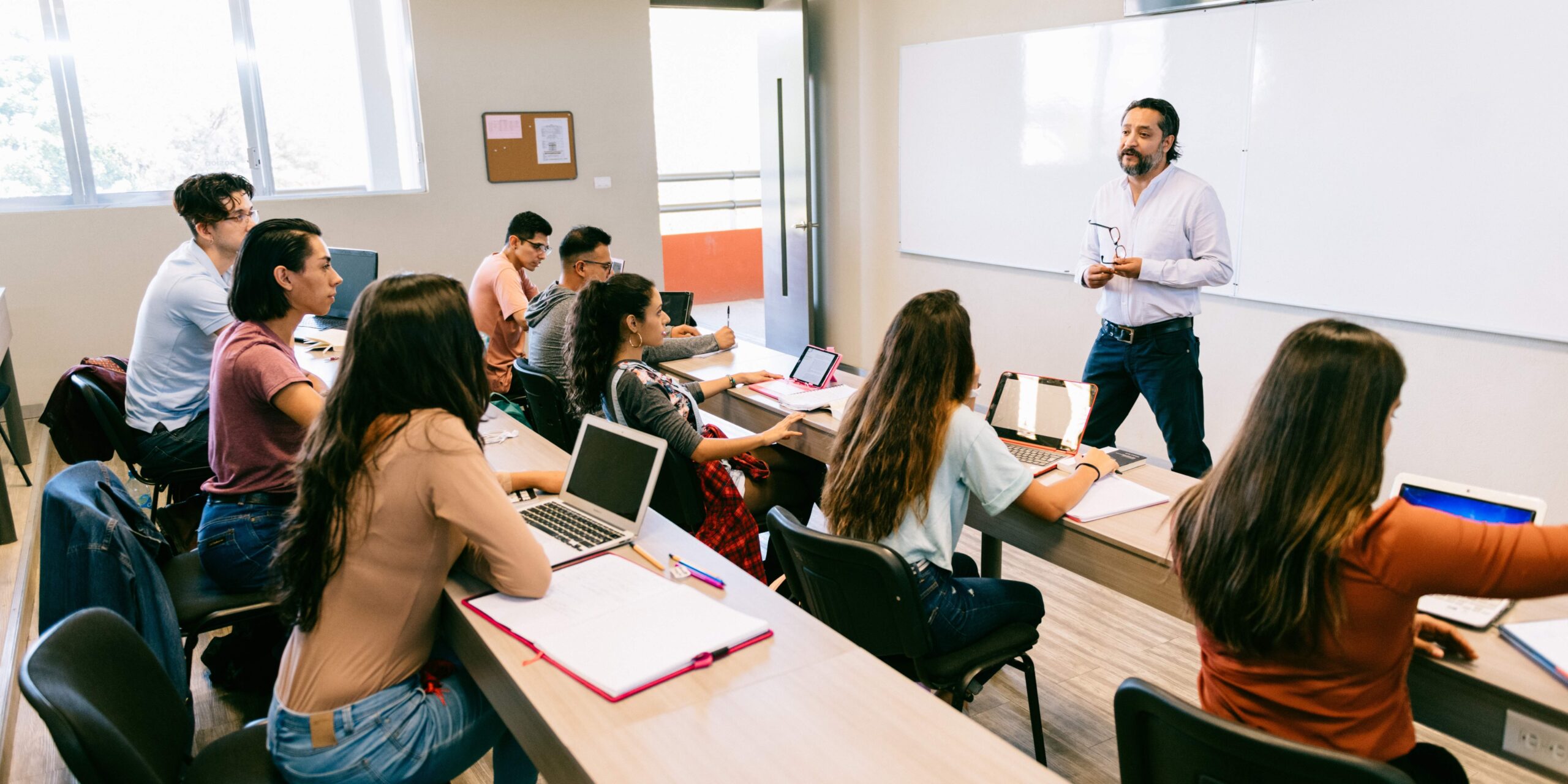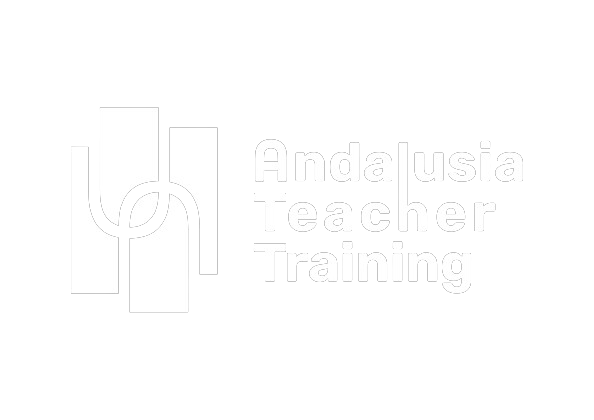The skills of the XXIst century
Soft skills & education

Soft skills for teachers. The XXIst Century skills
One week course
The concept of “soft skills” is a term that is increasingly used in education. Some experts refer to them as soft skills and advocate other names such as essential skills, key skills or employability skills.
Although the term began in the business world, its incorporation into the educational world is based on the idea that these types of skills are essential for the improvement of the teaching-learning process, both for students and teachers. In this post we are going to explain what soft skills are and why they are so important in education.
In a simple way, we can say that soft skills are a set of social competences, personal attributes, qualities and attitudes that allow people to perform adequately and positively in their environment. Together with the technical and professional knowledge acquired, these skills are considered decisive to achieve the objectives.
Some studies indicate that 85% of professional success is based on the acquisition of soft skills, which is why they propose to rename them “essential skills”.


Soft skills & education
Problem solving skills
Creativity
Adaptability
Critical and analytical thinking
People and group managemenet
Predisposition for group work
Motivation, initiative, perseverance, curiosity and interest
Emotional intelligence
Open-mindedness, flexibility, sense of humour, optimism and empathy.
Control and mastery of gestural, body and non-verbal language.

SOFT SKILLS
Course description
In today’s changing environment, skills that can never be replaced by a machine are becoming increasingly important: the so-called soft skills, which refer to the human component. The digital world in which we live requires more than ever that future workers are able to connect with the human and communicate, to adapt to change, to be resilient, to learn continuously in an agile way and to work in teams. If we want our students to acquire all these competences, we will have to design methodological proposals in which they learn by doing.
This course will provide a fun, relaxed environment in which teachers can rediscover the joy of teaching and embrace their unique teacher identity through reflection, positive psychology, and embodied coaching.
Through practical and experiential activities, course members will deepen their own selfawareness, empathy, and social skills, which will enrich their own Social and Emotional Intelligence. Concrete tools and strategies for conflict management, stress reduction, and resilience will empower the group to not only do SEL activities but to be an SEL educator.
Learning outcomes
- To provide teachers with practical tools to work in the classroom on communication skills aimed at job search/job replacement.
- To assess the profile of the student to be trained today.
- To learn how to work in an agile way in the development of a project in a context of uncertainty.
- Propose actions to motivate students and achieve their total commitment to the project.
Details
- One week course
- Starting from 480€
- Min. 4 - max. 14 participants
- Certificate of attendance included (80% of attendance required)
- Available in Córdoba
- Also available in Spanish
A 60 € late registration fee will be applied if you register less than 8 weeks before the course start date.
Itinerary
- CHECK IN. Emotions, expectations and focus
- Soft skills. Origin and importance
- Personal and social skills
- Emotions in the decision Making Process.
- The Emotional Cycle
- Emotions Vs Emotional States
- THE FOUR SCENARIOS. EMOTIONAL BLOCKAGES
- Result orientation
- Resources
- Motivation and responsibility
- Strategies
- Limiting and empowering beliefs
- The Pygmalion and Galatea Effect
- Patterns of certainty
- Individual and group motivation
- Activation and motivation dynamics
- The hierarchy of motivations
This schedule describes likely activities but may differ significantly based on the requests of the participants, and the trainer delivering the specific session.
Course modifications are subject to the trainer’s discretion. If you would like to discuss a specific topic, please indicate it at least 4 weeks in advance.
Get in touch
Contact us
Send us a message and we will clarify any doubts you have about our courses.
